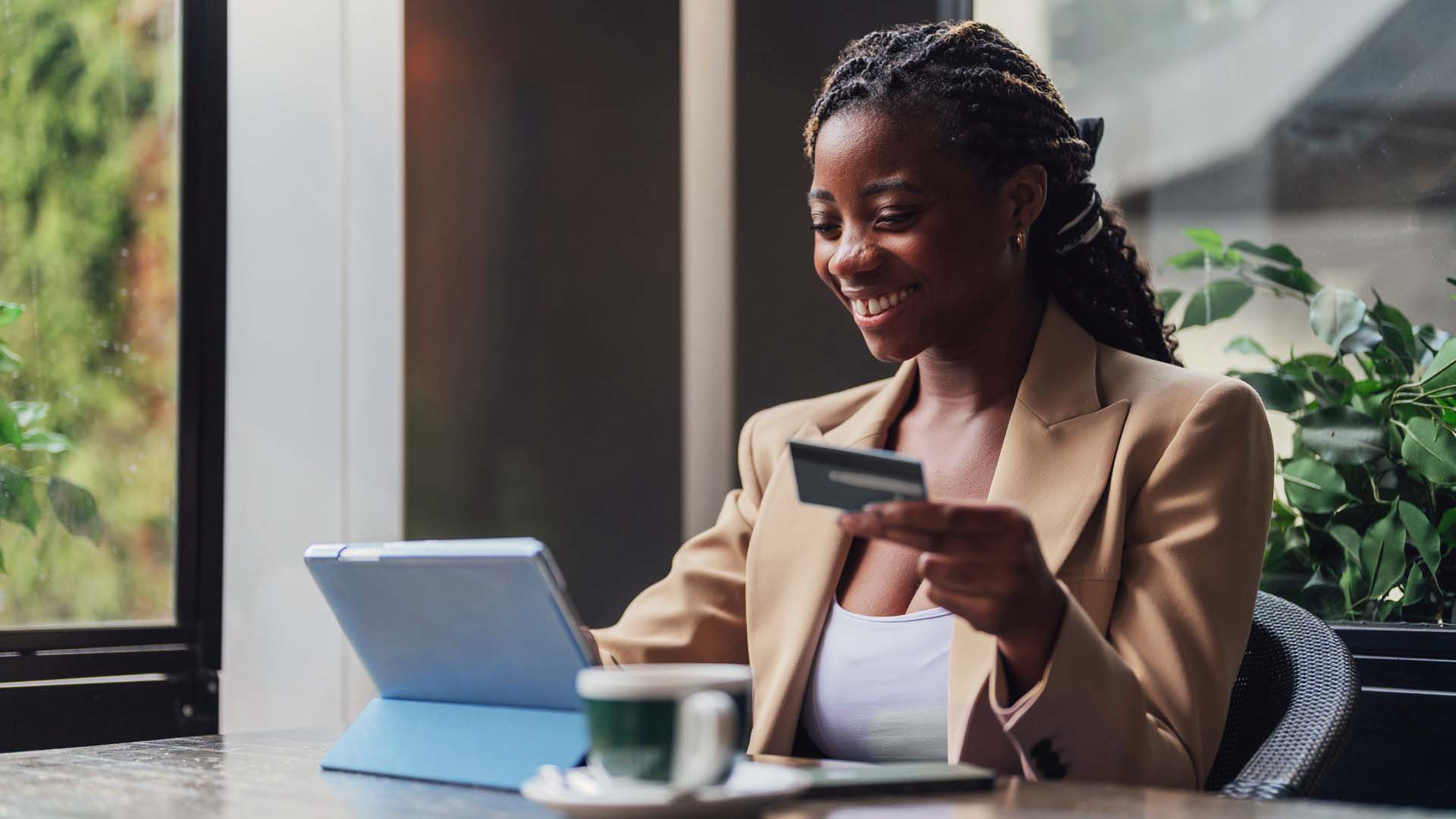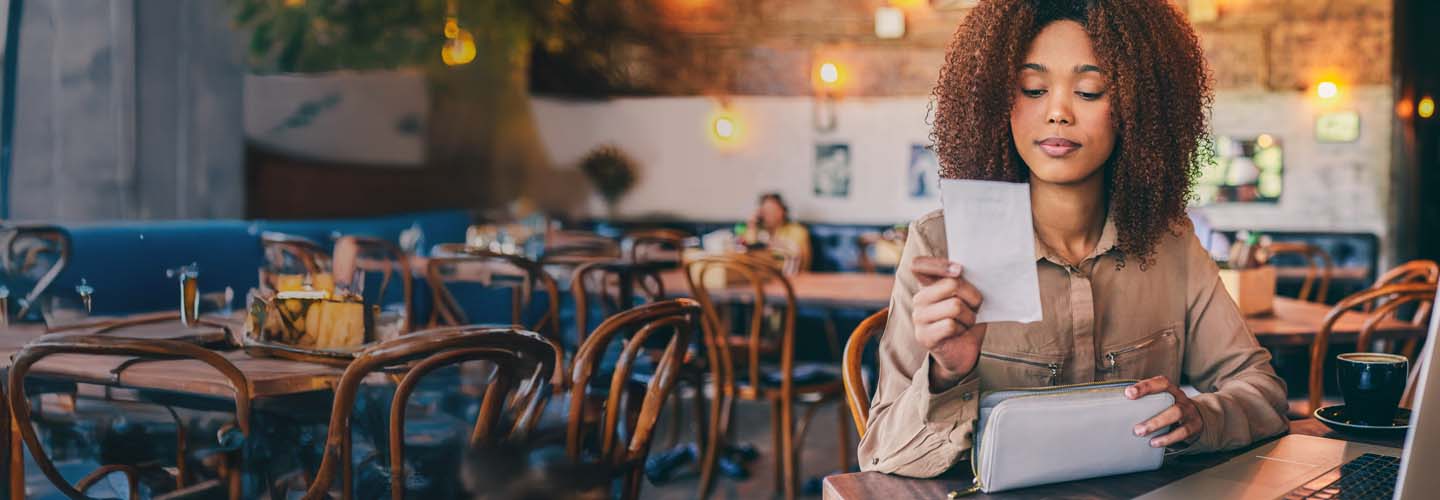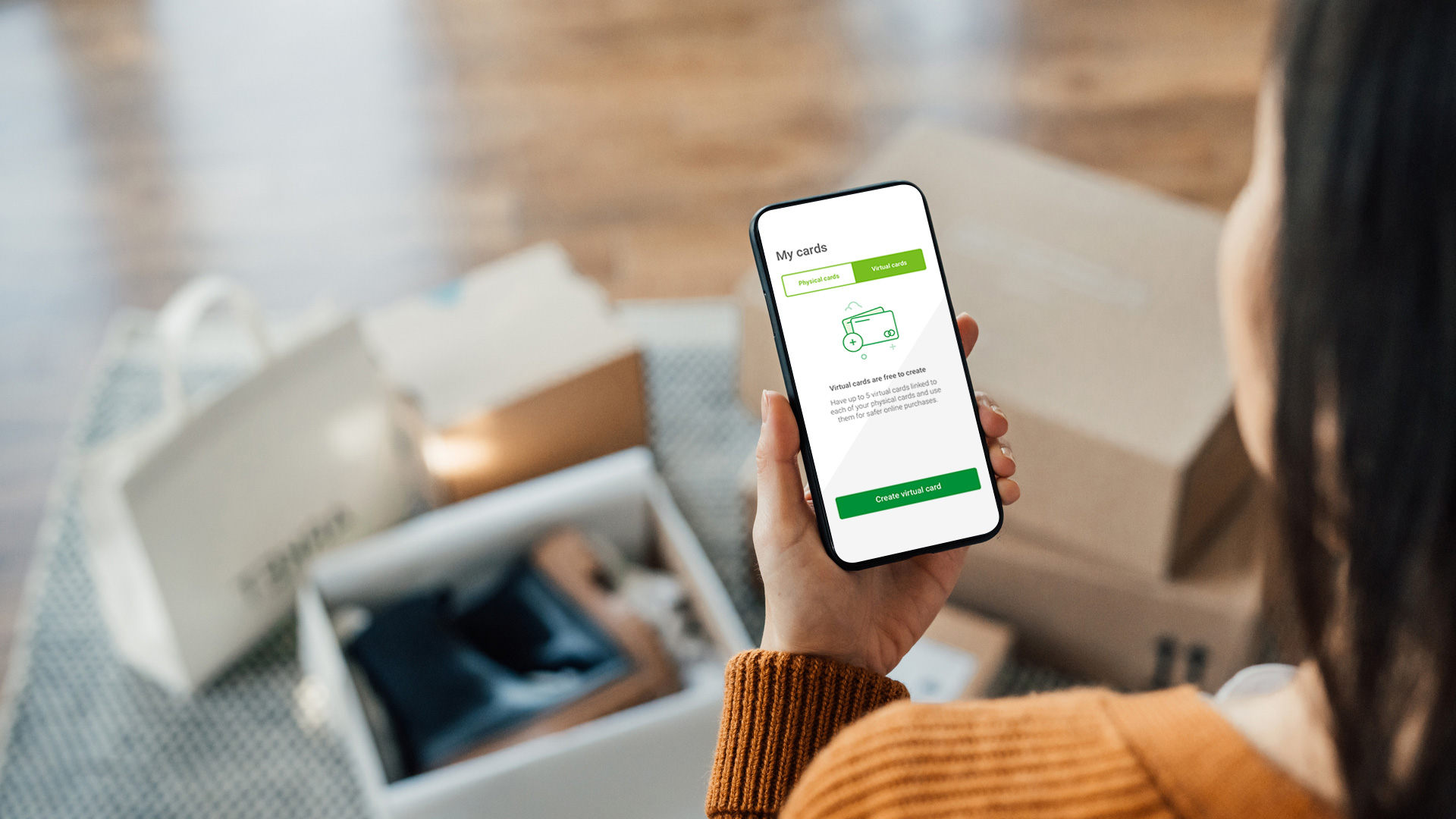Scrolling through social media pages or WhatsApp stories can get you caught up in the highlight reels of someone else’s life and make your own feel less interesting. Comparing yourself to lives that seem much more glamorous than yours – even though they’re often built on half-truths and carefully edited content – is a recipe for unhappiness.
Although you might be tempted to try to fit in with your own fake glamour, it's not a good idea to buy counterfeit versions of high-end brands to keep up appearances. Apart from causing you mental stress by trying to keep up a facade, fake products often carry physical and legal risks too.
Dangers of buying fake products
You might think buying counterfeit goods is harmless, but the trade exposes consumers to many dangers and funds organised crime. According to the United Nations Office on Drugs and Crime, the global counterfeit trade is linked to international crime syndicates – so any fake ‘bargains’ you buy from an unscrupulous dealer could be financing other illegal activities like human trafficking and terrorism.
When police recently seized more than R66 million in counterfeit goods in a Johannesburg raid, authorities also found illegal pharmaceuticals and bottles of poison. There is much more to these criminal networks than the distribution of fake goods.
Verify that the website is legit and not a fake copycat site
The risks of using counterfeit products include the following:
- Clothing with harmful chemicals in the dye can cause skin irritations serious enough to require hospitalisation.
- Non-food-grade chemicals in counterfeit food products can poison consumers.
- Fake beauty products are particularly dangerous as they can cause severe skin reactions, infections, and other health issues.
- Poorly made fake name-brand appliances are a major safety hazard. These appliances often do not meet safety standards, increasing the risk of electrical shock, fire, or kitchen accidents.
You might save on the price of counterfeit products, but you expose yourself to all these health and safety risks, and more.
Legal implications of dealing in counterfeit goods
South African law prescribes stiff penalties for selling counterfeit goods – a first offence could land you with a fine of up to R5,000 per fake item and a prison sentence of up to 3 years. Repeat offenders could see the fine doubled and the prison term extended to 5 years. Under the Counterfeit Goods Act, authorities also have the power to confiscate and destroy counterfeit goods.
Could you be buying fake products without knowing?
The South African counterfeit market has grown enormously in recent years. Digital shopping has made imported goods more accessible, so you may not even realise that you’re buying a fake product. E-commerce and sales through social media have made it harder to tell a fake from a good deal on a genuine name-brand item. Another scam involves small businesses importing fakes to sell on as ‘reject’ items, which you might buy thinking it will match the quality of the original with only a minor defect.
It’s best to stick to tried-and-trusted stores when you shop online. Buy directly from the supplier or a registered stockist. Even then, verify that the website is legit and not a fake copycat site.
Get the real deal on Avo SuperShop
If you’re looking for a good deal on genuine name brands, visit Avo SuperShop for the latest tech and hottest products at competitive prices. Shop with the peace of mind of knowing that anything you buy is 100% authentic, with a guarantee or warranty to prove it. Remember to check out our daily deals and other promotions – including some available exclusively to Greenbacks members.







